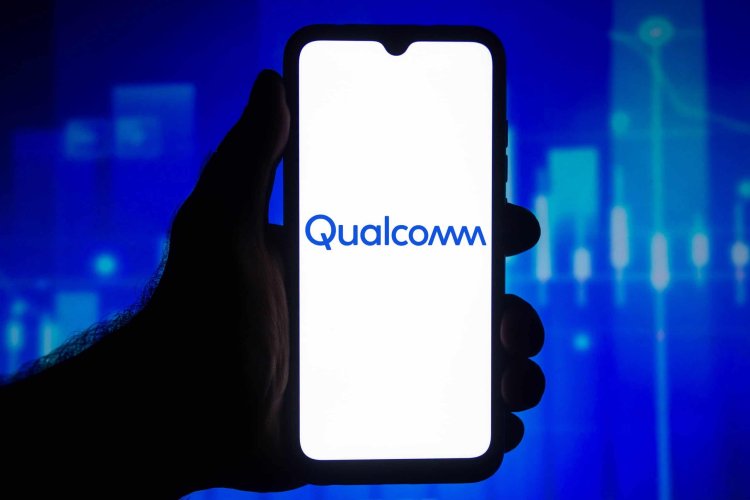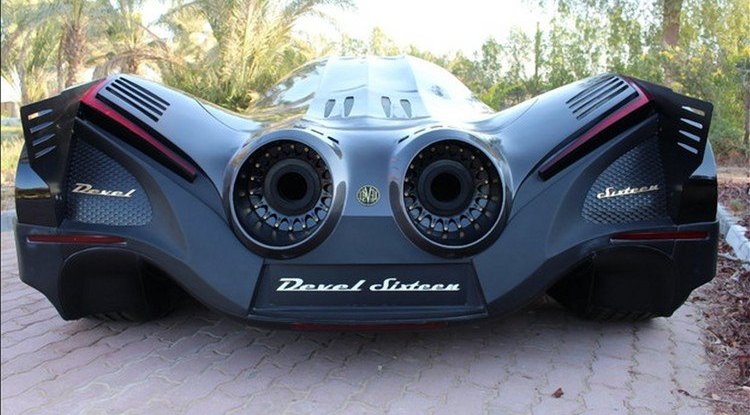Chipset market up 5% last quarter

The GSMArena site has revealed Chipset Supply Statistics from the Analytical Company CounterPoint for the last quarter. They grew by up to 5% year on year. Which chip manufacturers have the most success?
MediaTek continues to dominate the industry, with Qualcomm leading in 5G processors.
Chinese MediaTek was the most successful once again, garnering a 33 percent market share in the most recent quarter. He was followed by Qualcomm, which had a rapid expansion, gaining a 30 percent market share. This was further aided by Qualcomm's current flagship CPU, the Snapdragon 8 Gen 1. Apple came in third place with a 21 percent stake, followed by UNISOC with an 11 percent share, and Samsung with a 4 percent share.

Until recently, Samsung Exynos chips ranked third, and by 2020, they will have surpassed Apple chips. During that period, however, Samsung modified its product range, and Exynos chips fell to a mere 4% market share. The Samsung Galaxy S22 series with the Exynos 2200 chipset could change the scenario this quarter.
Unisoc's share, on the other hand, increased to 11% in a year, more than doubling. Tonie is a pleasant surprise, as her chipsets are used in smartphones from Honor, Realme, Motorola, ZTE, Transsion (Tecno, Infinix), and even some Samsung models. Qualcomm made the biggest progress in the year-on-year comparison. As the graph demonstrates, the biggest decline is in the case of Huawei's HiSilicon brand.
In the 5G industry, Qualcomm definitely leads, and its position has improved again further. The high demand for Apple iPhone 12 and 13 devices (which use Qualcomm modems in conjunction with Apple Axx chipsets) and, of course, the robust sales of premium Android systems were also factors. Mediatek is also gaining ground in the 5G industry, while Samsung is losing ground marginally.
The chip shortage will last until 2023.
In an interview, Intel CEO Pat Gelsinger stated that he does not expect the present chip shortfall to end before 2023.
The issue is that these things do not appear overnight. Gelsinger himself stated that increased production capacity could take at least three years to bear fruit. Intel's previously announced expansions in the United States, Israel, and Ireland are still a long way from becoming operational.
Several CEOs of prominent technological businesses have made statements in recent months predicting supply improvements or even oversupply in 2022, but with the Omicron variant fast-spreading, expectations appear to be resetting. It appears that you are taking one stride forward and two steps back. It's not just a pandemic, either. There is a trade war between the United States and China, as well as tensions between China and Taiwan and Russia and Ukraine.




























